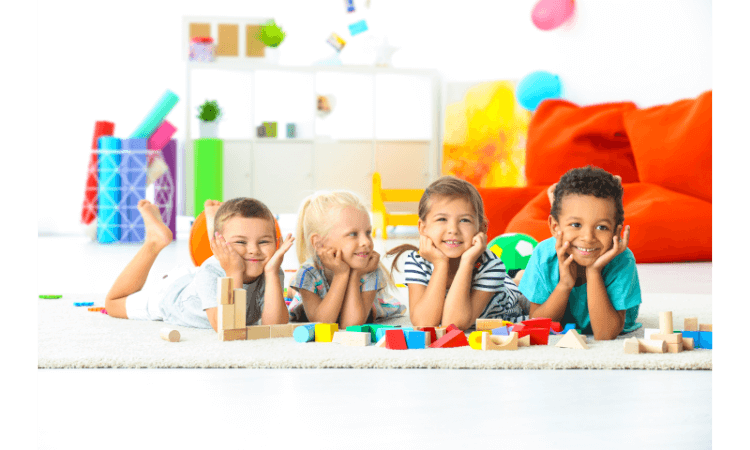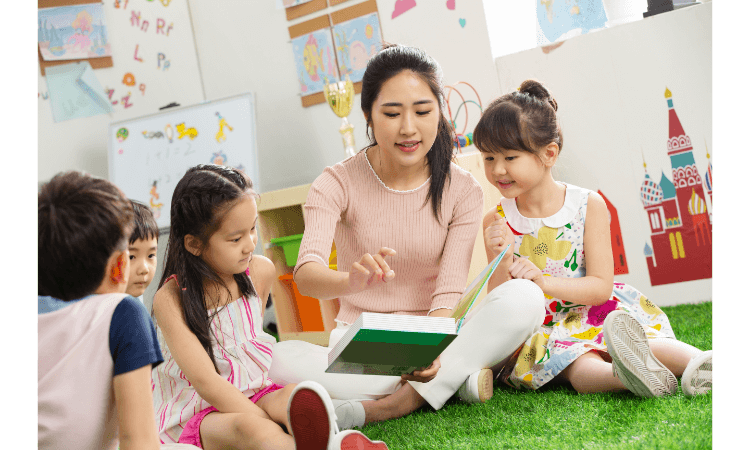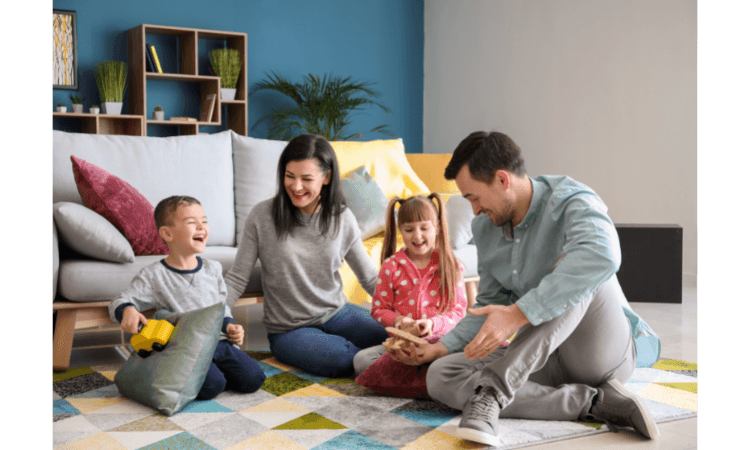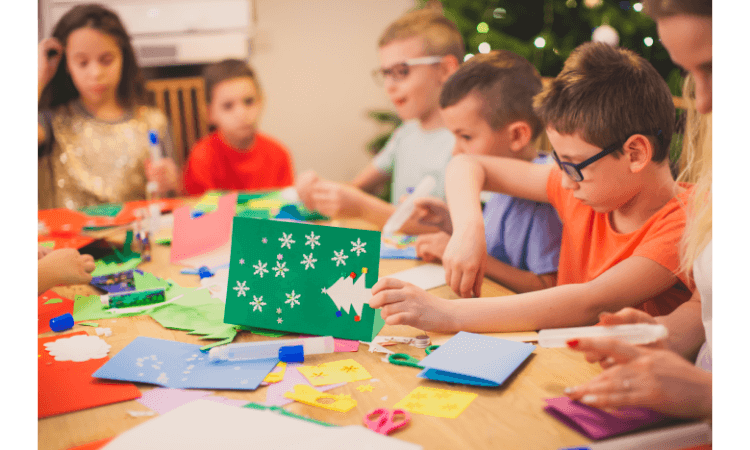
Mental health is a state of well-being in which every individual realizes his or her own potential, can cope with the normal stresses of life, can work productively and fruitfully, and is able to make a contribution to her or his community.
What are the benefits of mental health development?
Mental health is just as important as physical health. It involves how you feel about yourself and how you think about the world around you – it’s not something we can see on the outside but it’s just as vital for your happiness and success in life. Mental illness can affect anyone at any age.
Play

Whether you’re playing with a friend or family member, playing on your own, or playing in a team, remember that play is for everyone. There are many different forms of play and it’s important to find one that works for you. If you want to get some exercise but don’t think any of the above options sound fun enough, try some of these other ideas:
- Throw a ball around with friends! It’s great for people who like sports and competition but don’t have much experience with them (or anyone else).
- Have races against one another! This can be anything from running laps around the house all day until your legs hurt so bad you can’t walk anymore (a favorite pastime among kids) or racing across town in order to reach your destination before anyone else does (a less popular choice among adults).
- Play tag outside! This has been proven time-and-again as one of the best ways to stay healthy even though it requires more physical activity than most people prefer; if you’re feeling up for it then by all means go ahead!
Proper Diet

Eating a healthy, balanced diet is an important part of maintaining good health, and can help you feel your best. An unhealthy diet can fuel depression and anxiety, while eating a healthy, balanced diet can protect your mental health.
Provide Comfort

Children need comfort to grow mentally and emotionally. If you’re a parent or caregiver, it’s important to provide your child with the support they need. You can do this by giving them things like hugs, kisses and love when they are upset. You should also help your child see that you understand their feelings by asking them questions about what happened and listening carefully while they talk.
When kids feel loved and supported, they tend to be happier overall.
Reading

- Reading is a great way to improve mental health.
- It can lower your stress by 68%.
- It can boost your brain power.
- It can help you sleep better.
- It can make you more empathetic, and make you feel more connected with others. This is especially important for children who are often bullied or ostracized for being different from their peers in some way, like if they have disabilities or special needs such as autism spectrum disorder (ASD), attention deficit hyperactivity disorder (ADHD), dyslexia or other learning disabilities (LD). These students often struggle with anxiety and depression due to feelings of isolation from their peers due to bullying issues related specifically towards these conditions which cause them significant amounts of stress every day at school simply because other kids don’t understand how someone could be different than themselves! Luckily though there’s hope coming soon thanks again thanks again thanks again thanks again thanks again thanks again yes!
Interact with Pets

- Interact with Pets
Playing with your cat or dog can help you remove stress and feel more comfortable. You can also talk to your pet, it will make you feel happy. Your pet will help you solve the mental problems that have been bothering you.
- Go for a walk in the park or nature reserve
Go for a walk in your neighborhood park or nature reserve, it will also make you feel comfortable and relaxed at the same time as getting some exercise.
Nature

In addition to the physical benefits of exercise, one of the biggest benefits for children’s mental health is a connection to nature. Even if you can’t take your child on a hike through the mountains, they can still benefit from time spent in parks and other natural areas. Children who have access to green spaces are healthier and happier than those who do not.
A walk in nature has been shown to reduce stress levels by 68%! This also means that it helps improve moods and even reduces ADD symptoms in kids with attention disorders like ADHD. Studies show that exposure to nature can be just as effective as medication-based treatments for anxiety disorders like post-traumatic stress disorder (PTSD). Spending time outside also helps prevent disease because it reduces inflammation in the body while increasing vitamin D production—which can help ward off depression and seasonal affective disorder (SAD) during winter months when days are shorter but sunlight levels remain low
Periodic vacation trip

A periodic vacation trip can help you to reduce anxiety, stress, depression, and improve your overall mental health. It is beneficial to take a periodic vacation trip by going somewhere new every few months. This helps with balancing life between work and family.
There are many ways you can have fun while traveling such as going sightseeing in a new city or visiting historical landmarks that have existed for a long time! You can also take part in sports such as golfing or swimming at any nearby beach or pool. These activities are great ways to spend time with friends and family members who live in different places than yourself!
Tell Moral Stories

Bedtime stories are a great way to help your child wind down and prepare for sleep. Reading to them can be a great way to create a bedtime routine, so they know what’s coming next. A good bedtime story can also help kids relax and unwind, easing them into sleep.
Play with parents

Play with parents means playing with the whole family. In order to play, you can invite a friend or relative to play with you. You can also tell stories and listen to stories together. When playing, it is necessary for parents to participate fully in their child’s play activities and try their best not to intervene at the wrong time.
Parents should remember that they are most important people in their child’s life; therefore, they should give time for playing and spending quality time together as much as possible throughout childhood development stages.
Involve the whole family

Encourage your child to spend time with the family. Spending time together helps children feel secure, which can improve their mental health. The family is also a great place for children to learn about relationships and how caring for another person makes you feel.
If possible, encourage your child to try new activities and hobbies as well as spend time with friends or other relatives. This will give them an opportunity to develop new interests and meet different types of people who might have different perspectives on life.
Keeping engage in various activities

- Spend time with your child.
- Encourage your child to find a hobby, such as playing an instrument or drawing.
- Encourage your child to join a sports team, if he or she is interested in athletics.
- Consider getting a pet for your child, like a dog or cat (or other small animal). Animals are great companions and can help provide some much-needed emotional support during difficult times!
- Set personal goals for yourself as well as for your kids: give them something worthwhile to work toward throughout the day/weekend/year, so that they have something positive on which to focus their energy when things seem bleakest
Improving sleep

One of the benefits of exercise is that it helps improve sleep. Sleep is important for stress reduction, self esteem and concentration. Exercise also decreases depression and improves overall health.
Wrapping Up
Finally, if you want to help your child get more exercise and improve their mental health, here are a few tips:
- Don’t force them to do anything they aren’t ready for. If they say they don’t want to go outside or play with the other kids at recess, respect their decision!
- Make sure you’re doing some exercise too! It’s important that both of you are taking care of yourself too.
- The effects of exercise on children’s physical health are well known and include improved cardiovascular function, strength and endurance, and a reduced risk of obesity. However, the mental health benefits of exercise are also important. A growing body of research shows that regular exercise and physical activity can help prevent depression and anxiety. Exercise also has a number of other mental health benefits for children and young people.











